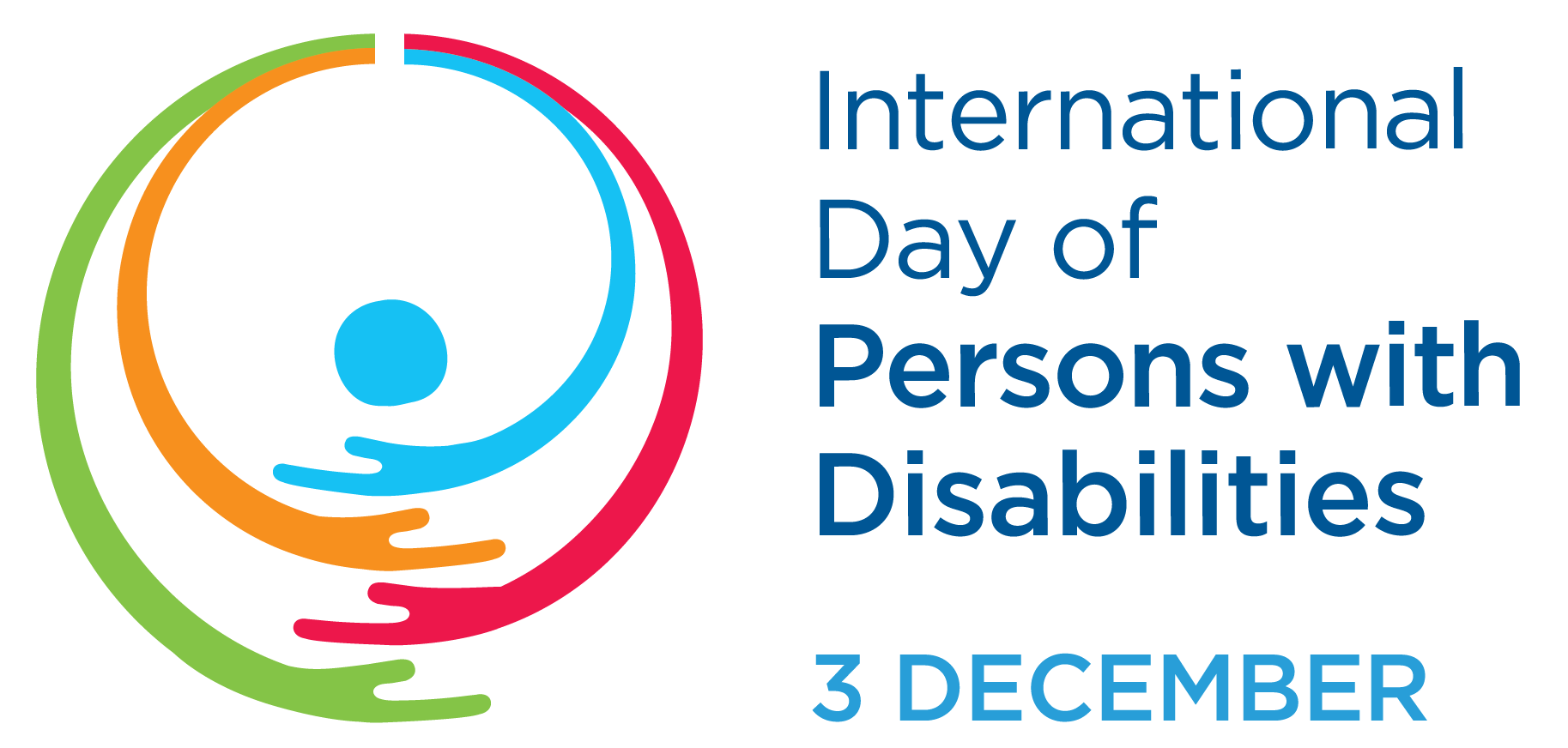
The International Day of Persons with Disabilities (IDPD) was proclaimed by the United Nations in 1992, “to promote an understanding of disability issues and mobilize support for the dignity, rights and well-being of persons with disabilities.”
At the University of Waterloo, our commitment to developing communities that are accessible, equitable, and sustainable is a core part of our vision that guides our Strategic Plan.
What is a disability?
The Accessible Canada Act defines disability as “any impairment…or functional limitation…that, in interaction with a barrier, hinders a person’s full and equal participate in society”. As this definition highlights, disability is not something that resides solely within an individual – disability emerges as the result of the interaction between the individual and their environment. As Dr. Liu, Dean of Faculty of Health notes, “By this definition, it’s clear that almost all of us can experience a disability at any time”.
Creating a world that includes people through a full spectrum of abilities, allows all of us to consistently and equitably participate and contribute to society.
In this video, Waterloo Undergraduate Student Association (WUSA) Committee on Access & Disability member, Wren Alden, suggests ways to act against ableist beliefs that impact students.
A popular misconception is that only a small minority of people experience disabilities; however, statistics tell a different story:
22% of Canadians 15 years and older identify as having one or more disability (Morris, Fawcett, Brisebois, & Hughes, 2017).
31% of Canadian first year university students report having a disability or impairment (Canadian University Survey Consortium (CUSC) 2022 Survey of First Year Students).
8% of graduate students identify as having a disability (Go Grad)
6.7% of Canadian university instructors and researchers report having a disability (Lindsay & Fuentes, 2022)
Many people under-estimate the prevalence of disability in their community. It is typically invisible to others.
Disabilities and innovation
Remarkable examples of innovation have ensued from addressing disparities faced by people with disabilities, such as audiobooks that were initially developed for people with visual impairments but are now widely used by the general population. Alexander Graham Bell’s interest in sound technology was inspired by his mother and wife, who were both deaf, and eventually led to the invention of the telephone!
More recent examples include:
Seeing AI by Microsoft which collects descriptive information on your surroundings through your device camera. Initially designed for the blind and low vision community, this research project harnesses the power of artificial intelligence to describe people, text, currency, colour and objects. Assistance in identifying unfamiliar objects like plants and wildlife, foreign currency, and having images described audibly is something everyone will find useful today.
Google Action Blocks began intending to make it easier for people with cognitive disabilities to use Android phones and tablets. Actions like booking a rideshare which generally requires unlocking your phone, finding the right app, and typing in your pickup location. With Action Blocks, it can be configured to do tasks with just one tap, for example, call a loved one, share your location, watch your favourite show, and more. While this works to empower people with cognitive disabilities and help them gain independence, who wouldn’t benefit from an app that can simplify the use of our smartphone?
Dr. Lili Liu, dean, Faculty of Health, shares how Waterloo is in a unique position to advance innovation with disabilities in mind:
The experience gained during the pandemic can educate us on how recognizing and embedding the needs of persons with disabilities in a post-COVID-19 world can drive innovation to build systems that are better for everybody. Dr. Liu notes, “More than ever, it’s important that persons with disabilities participate and have leadership roles to help ensure that our campus is equitable, and in turn, future generations of students and scholars experience a more equitable society.”
At the University of Waterloo, we are continuously seeking feedback from our disability community to ensure we are providing services with accessibility in mind. Are you interested in representing the disability community within the University of Waterloo? Join the Accessibility Advisory Panel.
Resources on accessibility and universal design:
The University of Waterloo community has developed several resources to remove barriers and enhance inclusion, including:
- Guidelines for Hosting Accessible Virtual Meetings Centre for Extended Learning
- Accessibility Checklist for MS Word Centre for Teaching Excellence
- Accessibility Checklist for MS PowerPoint Centre for Teaching Excellence
- Accessibility Checklist for Face to Face Presentations Centre for Teaching Excellence
- What is Universal Design Centre for Teaching Excellence
- Web Accessibility Guidelines CEL and eCampus Ontario
- Universal Design for Learning (UDL) & Wellbeing Community of Practice Campus Wellness
- Accessibility in Teaching Centre for Teaching Excellence
- Accessibility Tools Web Resources
See Accessibility at Waterloo’s Guides and Resources page for additional resources. If you have any questions about accessibility, please contact the Workplace Accessibility Specialist.